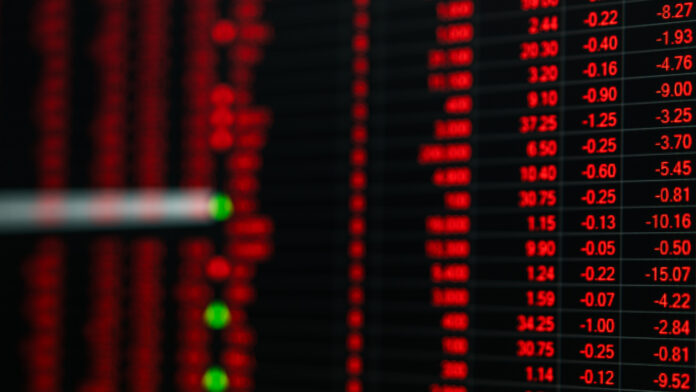
ANGLO American raised R7.2bn in gross proceeds from an accelerated bookbuild of shares in its 78% owned Anglo American Platinum (Amplats).
The UK-listed firm announced on Wednesday it had planned to issue the shares. It said today some 13.94 million were issued at a price of R515 per share, a 2.3% discount to the current price. At R527,42/share Amplats is 7.56% weaker.
Anglo CEO Duncan Wanblad said the proceeds of the bookbuild would be used to reduce the firm’s net debt. The bookbuild would also help reduce the anticipated impact of Anglo’s proposed unbundling of its Amplats stake.
Many current shareholders in Anglo American are not mandated to hold shares in the Johannesburg listed and headquartered Amplats. Therefore, once unbundled those investors would be forced to sell their shares – the so-called ‘flowback’ effect, probably at a discount, to mainly South African investors.
“This is probably a good time of the cycle to be placing shares in Amplats for those long-term investors,” said Arnold van Graan, an analyst for Nedbank Securities. Shares in Amplats are 44% weaker year-to-date and 15.5% lower over the last 12 months owing to a heavy decline in platinum group metal prices last year.
PGM prices have not staged a recovery this year despite expectations that the above ground stocks are beginning to deplete following the Covid pandemic. The electrification of the drivetrain is also unlikely to materialise as first forecast which will see a greater proportion of combustion engine and hybrid electric cars being produced and sold in the short to long-term.
Commenting in its second quarter report, the World Platinum Investment Council said platinum demand would exceed supply by an expected 1.03 million ounces in 2024. Despite this, the platinum price, and those of its sister metals palladium and rhodium principally, have failed to gather traction.
“It’s dificult to put hand on heart and say now is the time we are going to see that switch,” said Ed Sterck, director of research for the WPIC. “But the longer it goes on the more dramatic the response is likely to be.”









